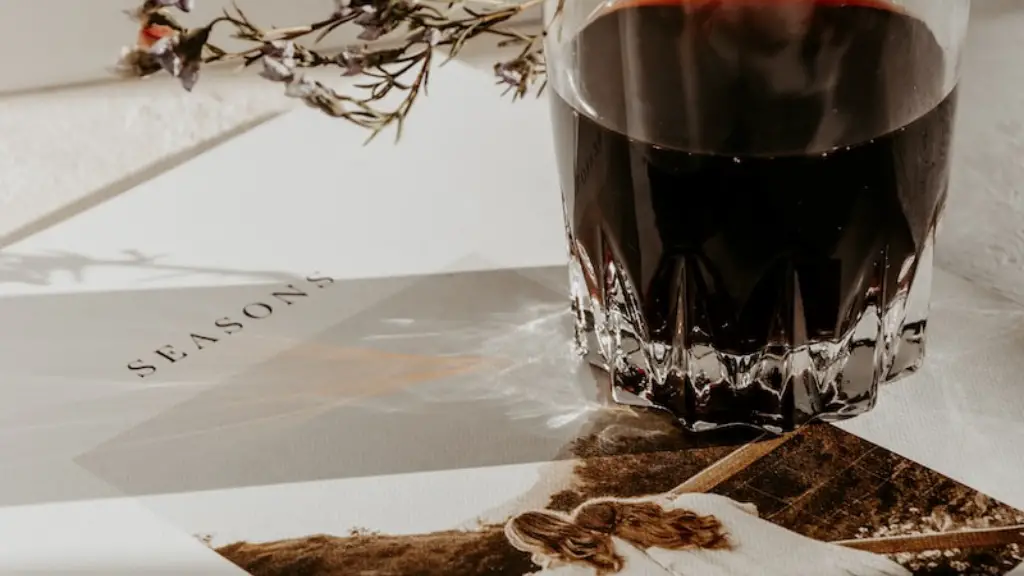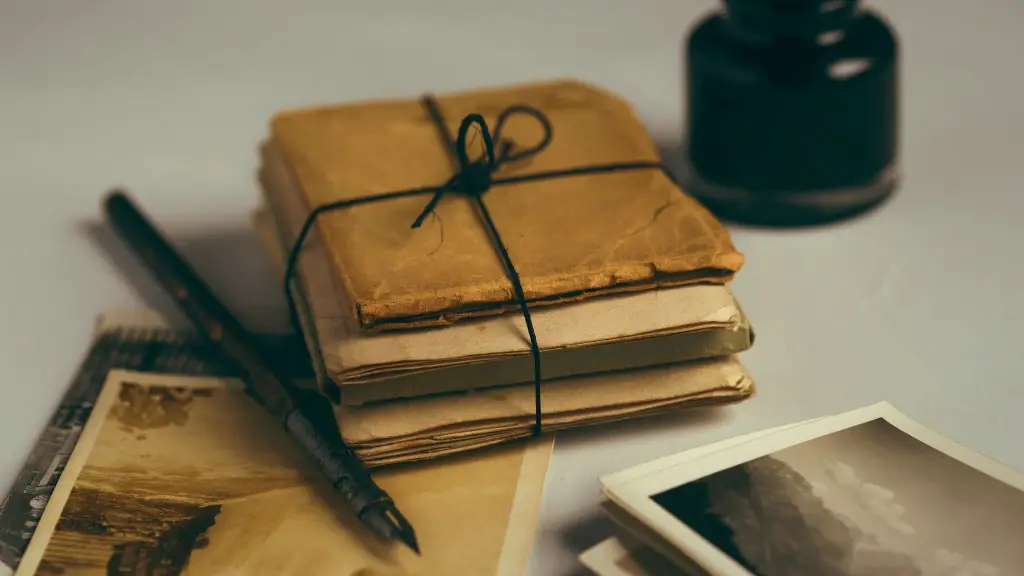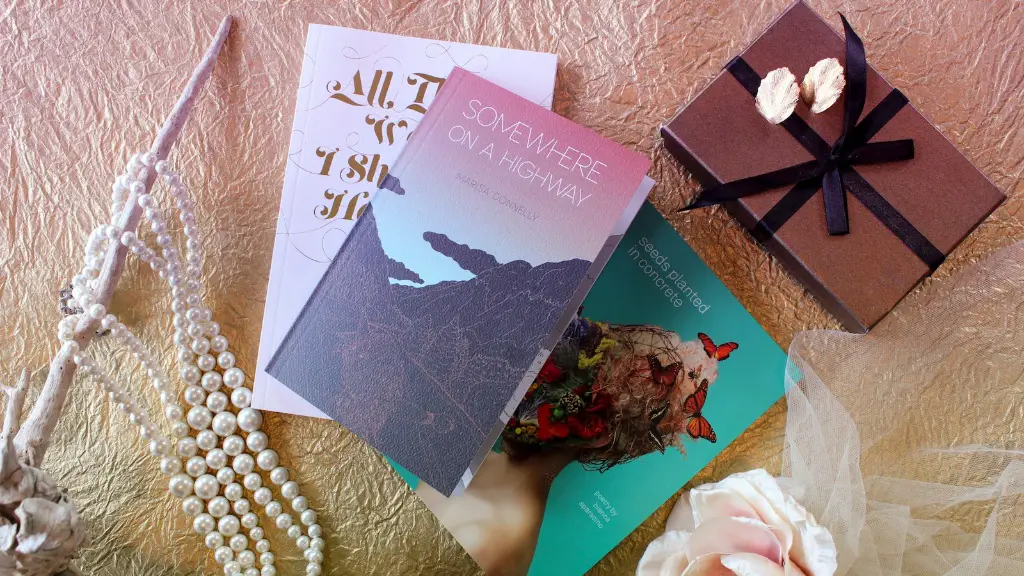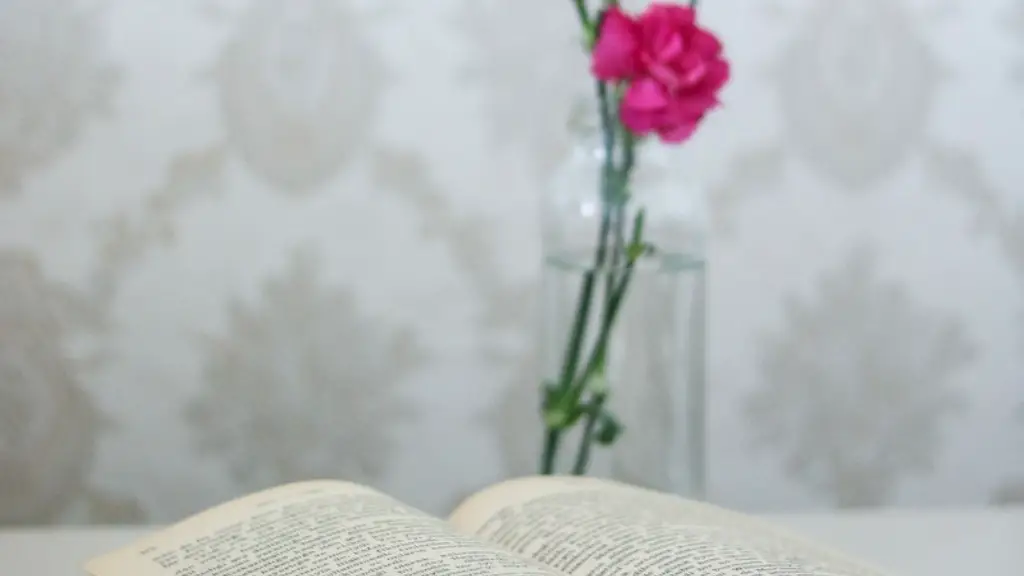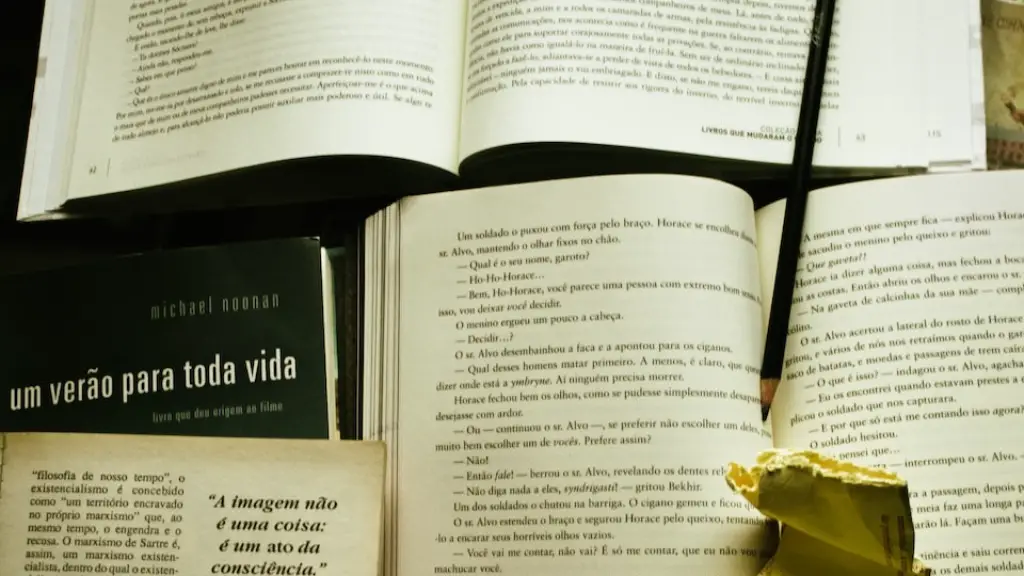General Rules
No matter the style guide you choose to follow, there are some basic guidelines that every student should keep in mind when citing poetry. Whenever possible, begin the citation by citing the author of the poem; if there is no author available, begin with the title. Include the title of the poem in quotation marks and provide the page numbers you are citing in parentheses after the quote. For example: “Trees” (5-7).
The most important rule is to be consistent in whatever style you choose to follow. Decide beforehand what style guide you will use and stick to it to ensure that your citations are formatted appropriately throughout the paper. For many students and researchers, the Modern Language Association (MLA) style guide is the one most widely used when citing poetry.
MLA Formatting and Style Guide
The MLA format for citing poetry follows the general MLA standards for citing books and other sources. Begin with the author’s name, followed by the title of the poem in quotation marks. Include the book title and edition (if appropriate) in italics after the poem title. If the poem was published in a collection of poems, include the collection title in italics after the poem title. If there is more than one author, name the appropriate authors in the order they appear on the source.
If the poem is longer than three lines, start each subsequent line with a 1/2-inch indent by pressing the tab key once. After the poem has been indented, cite the line numbers of the poem in parentheses without any punctuation (e.g. (3-7)).
If there are Stanza Breaks in the poem, use a double slash (//) to indicate where the Stanza Break ends and a new Stanza begins. For example, if you are citing line two of Stanza two, use the following format: (2.2-7) to indicate this.
When referencing a poem that appears in a book, you should also list the book title and the publication information. As with all other citations in MLA style, include the author’s name (if available), the title of the poem in quotation marks, the book title in italics, and the publisher, followed by the publication date. An example of a poem reference in book form would appear as follows: Callan, Lawrence. “The Wind.” The Book of Poems, edited by Karen Jones, Penguin, 2004, pp. 2-4.
Citing of an Online Poem
If you found the poem online, cite it as you would any other web page. Begin with the name of the author (if available), followed by the poem title in quotation marks, the name of the website, the web publisher (if available), the date of publication, and the URL where the poem appears. If no date of publication is available, use the abbreviation ‘n.d.’ (for ‘no date’). An example of a poem citation for an online poem would appear as follows: Ovid. “Metamorphoses.” Poetry Foundation, 24 June 2006,
www.poetryfoundation.org/poem/181517#poem.
Use of Quotation Marks with Poems
It is always important to use quotation marks when you are citing a poem, as this shows that the quotation is taken from the original text. Even if you only use a small part of the poem, it is essential to put quotation marks around the excerpt to differentiate it from your own words. Quotation marks also prevent the possibility of plagiarism.
If the poem you are referencing is longer than four lines, it is best to use block quote formatting. Block quotes are indented 1/2 inch from the margin, and do not have quotation marks. The citation should follow regularly at the end of the sentence, after any punctuation.
In-Text Citation
When citing poetry in-text, include the author’s last name and the page number where the poem can be located. For example: ‘Hope is the thing with feathers/ That perches in the soul’ (Dickinson, 14-15).
When citing a poem that has no page numbers, use the line numbers instead. For instance, ‘The woods are lovely, dark, and deep/ But I have promises to keep’ (Frost, 1-2).
When an Author is Unknown
If the author of the poem is unknown, the soonest you can cite the poem is by using the title. Put the title of the poem in quotation marks and include the edition or volume name in italics after the title. For example: ‘The poem “Leaving Home” (1945) conveys the difficulties of young adults leaving home for the first time’.
Anthologies and Compilations
If you are citing a poem published in an anthology or compilation, cite the poem rather than the anthology in the works cited page. Include the name of the poet, the title of the poem, the editor of the compilation, the volume of the collection, and the publication information. For example: Nichols, Christi. “The Babies Don’t Need Armor”, edited by Dana Gioia and Bruce Willard, The Beyond, Norton, 2018, pp. 29-30.
Using Footnotes and Endnotes
When citing poetry in Footnotes or Endnotes, follow the same general guidelines applicable to all types of references. Include the author or editor of the poem and the title of poem. Indicate the specific line or lines, followed by the publication information. For example: John Milton, “Lycidas”, lines 31-40, The Norton Anthology of Poetry, 5th ed., edited by Margaret Ferguson et al, (New York: W. W. Norton, 2005), p. 1060.
Booklets, Brochures and Zines
When citing poetry from a booklet, brochure or zine, cite the author’s name, the title of the poem, the title of the booklet, the date of publication, and the publisher. For example: Charles, Jerome. “Results of a Madman”, Mental Illness Visions, May 2015, Psychiatry UNLIMITED.
Speeches and Plays
When you are citing poetry from a speech or play, the basic principle is to follow the same general guidelines applicable to all other types of works. Include the name of the speaker, the title of the poem, the title of the play or speech, the date of publication, and the publisher. For example: Pat, Douglas. “Nay, Speak No More in Jest”, Devil Takes a Bride, 1989, Random House.
